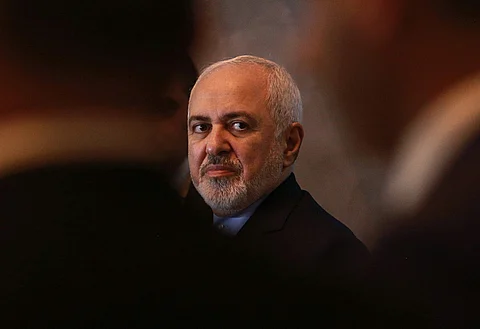

Amid tensions between Iran and US post-death of Iranian General Qassem Soleimani by an airstrike at Baghdad airport last week, US has now denied a visa to Iranian Foreign Minister Javad Zarif that would have allowed him attend a UNSC meeting in New York on Thursday.
Under the 1947 United Nations "headquarters agreement", the US is required to allow access to foreign diplomats but Washington alleges that it can deny visas for "security, terrorism and foreign policy reasons".
Zarif's visit to the UN had been planned before the recent flare-up however, the forum would have given Iran global spotlight to condemn and criticise the US for killing Soleimani.
Meanwhile, Iran's mission to the United Nations said: "We have seen the media reports but we have not received any official communication from either the US or the UN regarding Foreign Minister Zarif's visa."
Zarif last travelled to New York in September for the annual gathering of world leaders at the United Nations - after the United States sanctioned him for implementing “the reckless agenda of Iran’s Supreme Leader.”
UN spokesman Stephan Dujarric, as well as US State Department, declined to comment on the issue.
For Iranians whose icons since the Islamic Revolution had been the stern-faced clergy, Major General Qassem Soleimani widely represented a figure of national resilience in the face of four decades of US pressure.
For the US and Israel, however, he was a shadowy figure in command of Iran's proxy forces, responsible for fighters in Syria backing President Bashar Assad and for the deaths of American troops in Iraq.
Further, The Pentagon also accused Soleimani of plotting an attack on the US embassy and planning to carry out additional attacks on US diplomats and service members in Iraq.
Thousands gathered in Tehran on January 6 to pay their last respects to Soleimani, whose death has sparked massive tensions between the two countries.
Iranian Supreme Leader Ali Khamenei, who bestowed the country's highest honour on Soleimani last year, vowed 'severe retaliation' in response to his killing.
(With inputs from Agencies)